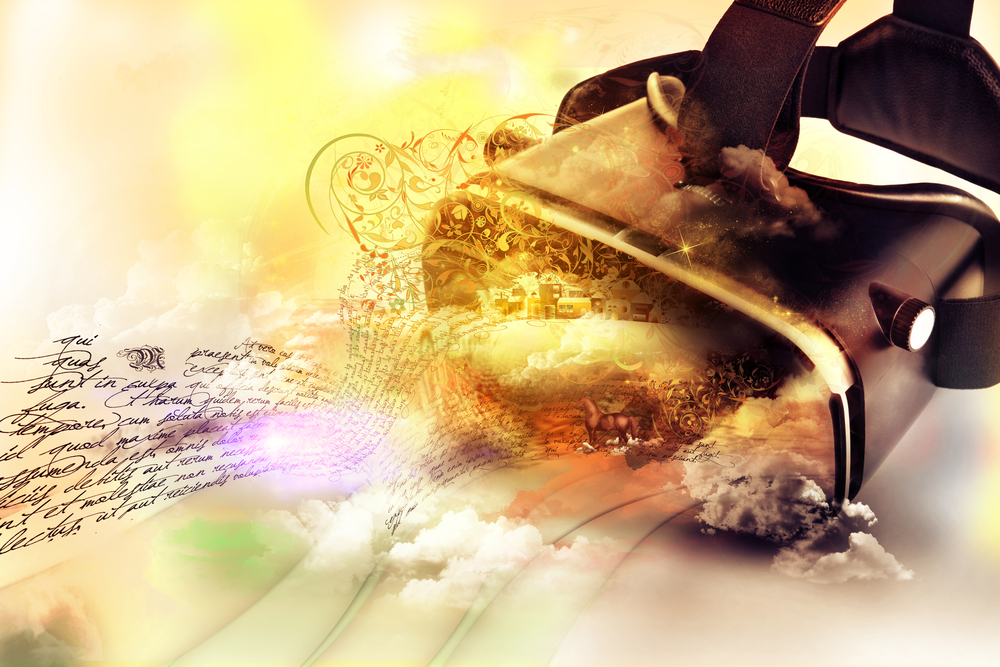Since its more modern iterations, virtual and augmented reality have changed the way we think about many different things. One of the more obvious of these is recreation. While stories, books, movies, board games, and video games all have immersive natures, it is Virtual Reality which takes that experience to a whole new level. What may be a bit more surprising is that virtual reality can go beyond recreation and could potentially change the way we live life via immersive experiences.
Perspectival shifts through ephemeral -but wholly real- experiences
Of the more recent studies into virtual reality’s influential nature, Sun Joo Ahn’s “Using avatars and agents to promote real world health behavior changes” (2016) makes an incredible case for how VR can put a user in the shoes of either a healthier or less healthy body type and drive the user to make more health conscious choices in their lives. In other words, the immersive experience of VR can completely change how we view life outside of that VR experience.
Potentially so effective, and increasingly ubiquitous, medical communities have even given this practice its own name: Virtual Reality Exposure Therapy (VRET). VRET research and implementation is being used to help treat anxiety and specific phobias now. It provides avenues for people who have fears of flying –or even dying-, social anxieties, and other conditions to work through these issues in safe environments. It is often used as an alternative to exposure therapy, allowing the user to experience the issues without being physically exposed to the situations. The results are astounding.
From specific phobias to post traumatic stress disorder (PTSD), VRET has helped people confront some of their most debilitating stresses. One potential reason for its efficacy could be that each VRET session -in theory- could be programmed specifically for the user/patient. Life most things in life, collaborative and tailored services and experiences are better than prescriptive ones. One thing is clear, VR has proven itself as an incredibly effective tool for changing personal attitudes on phobias and stresses.
Other potential applications
While I’ll be far from the first to suggest it, I think that VR’s track record proves that it may be able to tackle even large problems which are endemic to entire communities. Its influence could go beyond individual levels. If we can have people experience death by VR proxy, surely we can also have them experience someone else’s point of view. The potential to teach better empathy is there.
An example could be focused on the divided nature of politics and social policy in the United States today. Too often now, politics have become so polarized that debate and policy discourse has devolved into palpable hatred and a steadfast desire to do nothing more than be in opposition to “them.” It would be interesting to see a study where the user had to inhabit the shoes of their ideological opponent and experience what they put others through. If it is too hard to imagine yourself in someone else’s shoes, virtually forcing you into them may yield interesting insights about yourself and your adversaries.
If you liked this article, follow us on Twitter @themerklenews and make sure to subscribe to our newsletter to receive the latest bitcoin, cryptocurrency, and technology news.

